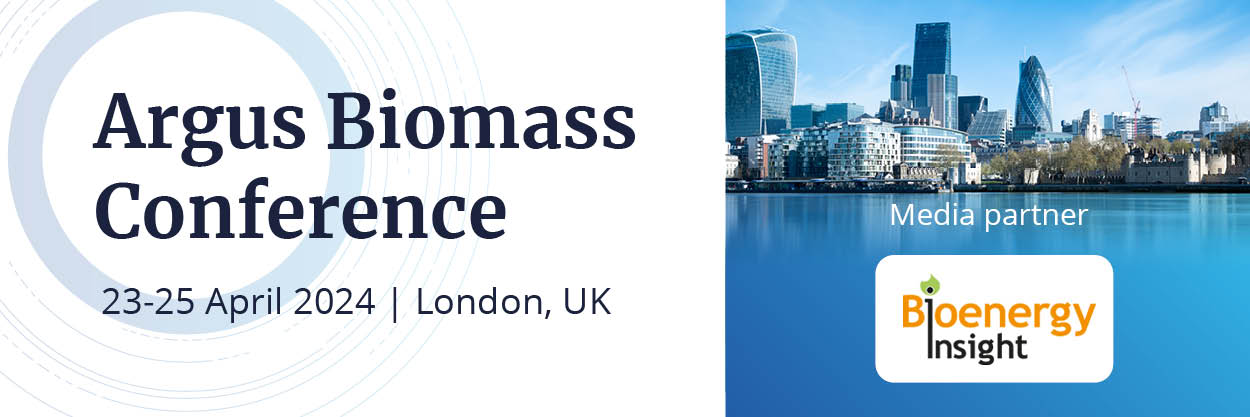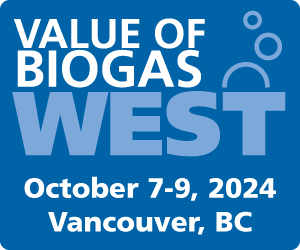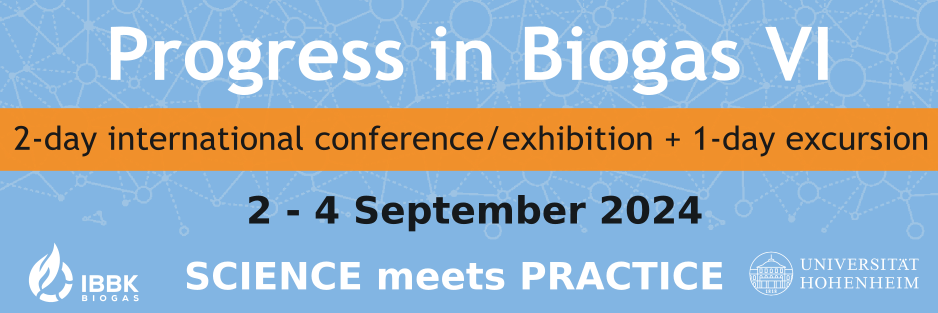UK’s AD industry welcomes weekly food waste collection in England
The UK government have published a consultation in which ministers have financially committed to funding local authorities to introduce weekly food waste collections for all households in England from 2023.
The Anaerobic Digestion & Bioresources Association (ADBA) has welcomed the consultation, describing it as a ‘huge environmental win’.
According to a release from ADBA, the consultation follows strong and sustained campaigning by the AD industry and others who have argued the importance of universal separate food waste collection so it can be diverted from landfill and recycled through AD into natural fertilisers and renewable energy.
Earlier this month, Bioenergy Insight reported that ADBA’s chief executive Charlotte Morton had written a letter to the UK Treasury and Ministry for Housing, Communities & Local Government requesting government funding be made for separate food waste collection.
“The government’s commitment to funding weekly food waste collections for all households in England is fantastic news for the UK’s efforts to reduce its greenhouse gas emissions and tackle climate change,” said Charlotte Morton, ADBA chief executive.
“The sooner universal food waste collections can be implemented the better, given the benefits to the environment and to council budgets. We estimate that universal food waste collections for households alone could achieve a carbon saving of up to 1.5 million tonnes of CO2-equivalent per year, the equivalent to taking three quarters of a million cars off the road, while the National Infrastructure Commission has estimated that they will save local authorities up to £400 million in capital costs and £1.1 billion in operational costs between 2020 and 2050.
“This news is a huge victory for ADBA and many others who have been calling for this policy for a number of years. England will now be able to emulate the great example set by Scotland, Wales, and Northern Ireland in diverting inedible food waste from landfill to AD plants that convert it into clean, green gas and nutrient-rich natural fertiliser, which is vital for restoring the UK’s depleted soils.
“We’ll be working closely with our members and partners across the industry over the coming months to put together our response to the consultation, and as an industry we stand ready to play our part in moving towards a resource-efficient circular economy.”
Charlotte Morton wrote an exclusive piece for Bioenergy Insight on anaerobic digestion’s role in Scotland’s circular economy which you can read here.
























